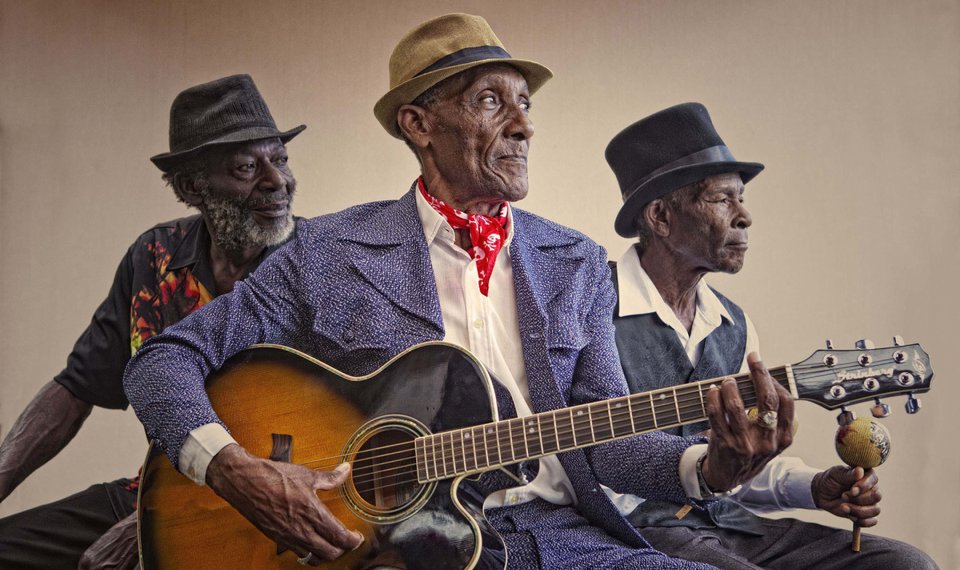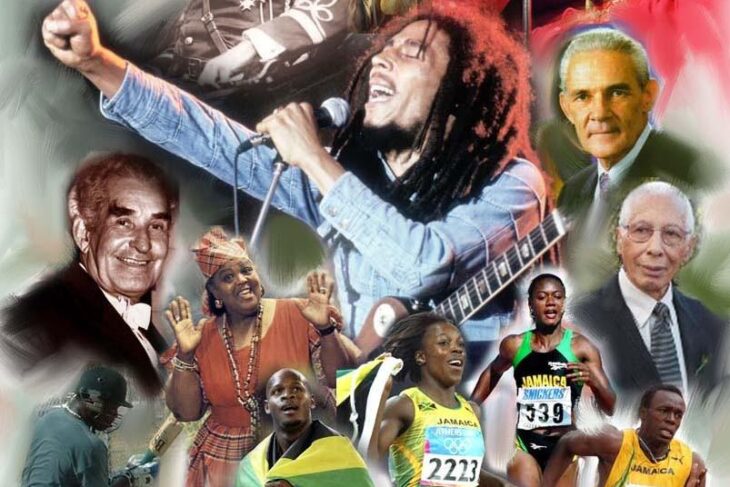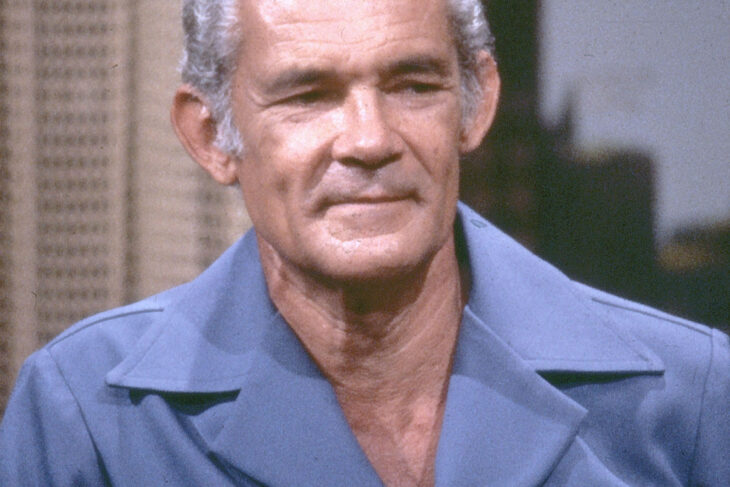
Mento is one of Jamaica’s oldest music genres and still remains popular, thanks to small bands like the Florida based Tallawah Mento Band.

Tallawah leader Colin Smith is a successful businessman, accomplished artist and musician, who plays the guitar, organ, banjo, piano and keyboard. However, the band he now leads started quite by accident almost 20 years ago.
According to him, he and two friends — Vincent Allen, guitarist, and Errol Smith on drums — were jamming; playing some popular mento tunes in a music room at a church in Miami when Vincent advised that he had brought a rhumba box from Jamaica but had no idea how to play it. This instrument is shaped like a box and provides the bass sound. The player sits on it while playing.
Fortunately, Colin had built a rhumba box while living in Jamaica so he was able to teach his friends how to play it. Errol has been playing it with them ever since.
While they jammed, playing mento music, some ladies who were listening nearby commented on how good they sounded and asked them to play at an event for them. That event turned out to be a Jamaican Independence Dinner which was scheduled to be held the following week.
Although they demurred, as they had not considered playing formally as a group and did not even have a name for their group, the ladies insisted.
Quickly they recruited a drummer/percussionist—Val Darby. At the event, the MC was so impressed with their performance that when he asked the name of the band and they told him, “Just call us The Little Mento Band”. He replied,“oono likkle but oono tallawah.”
They played as The Little Mento Band for a while, but as they grew in popularity and the band expanded, Mrs Norma Darby, then director of “The Jamaican Folk Revue” suggested the band be named Tallawah Mento Band, and so it was.
Over the years, they have been joined by other guitarists, a saxophonist and such greats as Keith Stoddard, and have grown from strength to strength.
While most mento bands in and outside of Jamaica tend to have mainly men, the band was fortunate to have briefly, Jennifer Grant on the accordion and Angela Campbell, percussionist, dancer and archivist. However, some 16 years ago they were lucky enough to find an outstanding flutist, Tresha Powell, who is a nurse by profession.
She is now an integral and irreplaceable member of this Tallawah band.
For the benefit of the young, mento music is the first recorded folk music in Jamaica. It has greatly influenced the emergence of ska and reggae.
Mento music typically features acoustic instruments, such as acoustic guitar, banjo, congo drums, rhumba box and a wind instrument (fife/clarinet/flute). It is mainly based on African rhythms and was extremely popular from the 1920s up to its hey day during the 1940s and 1950s.
While it has been overrun somewhat by reggae and dancehall, it is still popular at cultural events. It is therefore a staple with groups like Jamaica Folk Singers, University Singers, Carifolk Singers and at hotels on the north coast of Jamaica.
“Mento is Jamaica`s indigenous dance, song and instrumental style. The music is relatively slow in quadruple time, and its most characteristic feature is the accent in or on the last beat of each bar,” wrote the late Dr Olive Lewin in her book Rock It Come Over.
Dr Lewin went on to explain the rudiments of a mento band as follows:
1) Melody: Fife, piccolo, harmonica, saxophone, clarinet, piano or electronic keyboard;
2) Harmony: guitar and banjo, which also play melodically, rhumba box or double bass on the bass line;
3) Rhythm: drums, maracas, grater and nail, sticks, and variety of improvised instruments and body sounds.
It is also impossible to find events honouring icons like Miss Lou, Olive Lewin or Rex Nettleford which do not feature the best of our mento music. Our Independence and Emancipation celebrations at home and abroad also give mento music pride of place.
At School of Music at the Edna Manley College of Visual and performing Arts, there has been such renewed interest in this music genre that in 2017 leader Smith was invited there to be a guest presenter to the master class students. He also gave similar lecture/demonstrations at the Norton Museum in Boca Raton, Florida and the Auburn Research Library in association with the National Black Arts Festival 2012 in recognition of Caribbean American Culture Heritage Month. At this festival Tallawah performed and presented “Jah Music: A Celebration of Traditional Jamaican Music.”

In fact, even I was honoured to have Tallawah at the launch of my autobiography Looking Back, the struggle to preserve our freedoms at the Pembroke Pines Library in Florida in 2017.
Joan Williams, a former talk-show host on Power 106, is an author and can be followed at; (90) Joan Williams, author – YouTube and contacted at [email protected]



